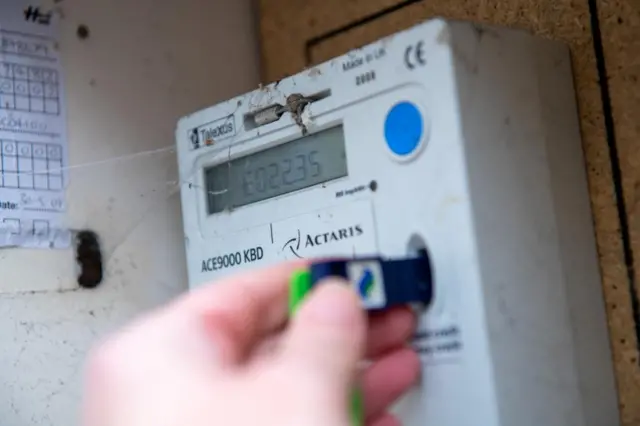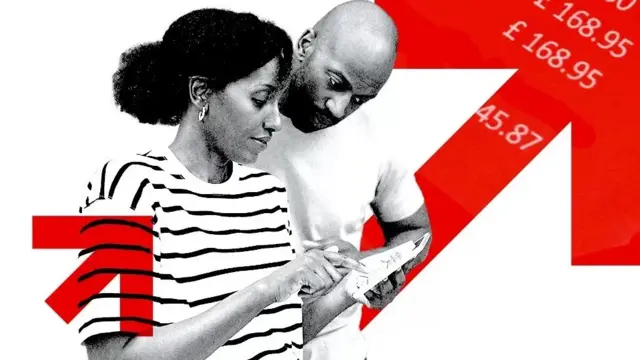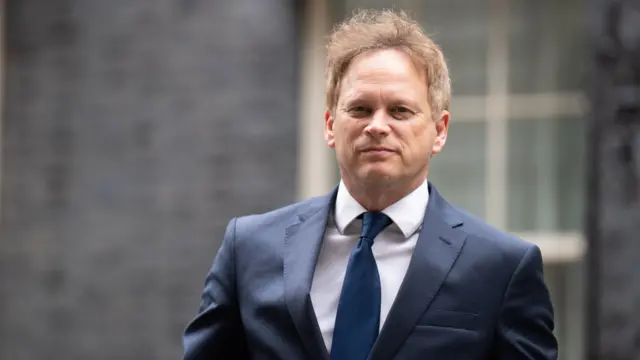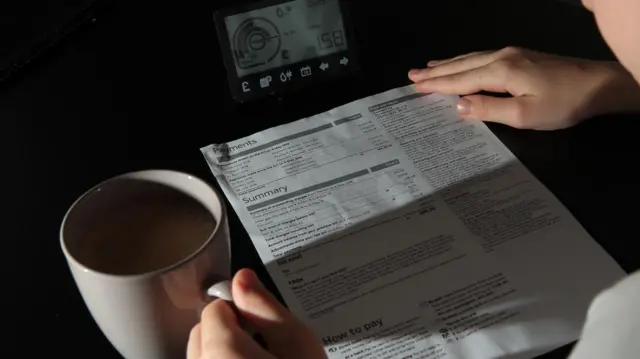Northern Ireland set for energy price update toopublished at 11:00 BST 25 May 2023
 John Campbell
John Campbell
BBC News NI economics and business editor
The price cap announced today applies to England, Scotland and Wales - Northern Ireland has a separate energy market with a different system of regulation.
Throughout the energy crisis, consumer prices in Northern Ireland have tended to be lower than in the rest of the UK.
But that is not guaranteed to be the case in future.
We'll find out next week what the withdrawal of the government price guarantee and falling wholesale prices will mean for us.










